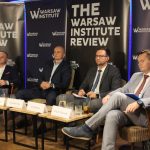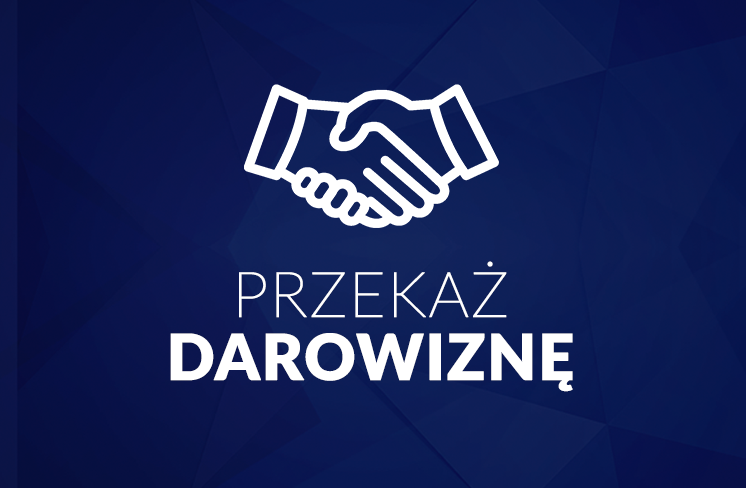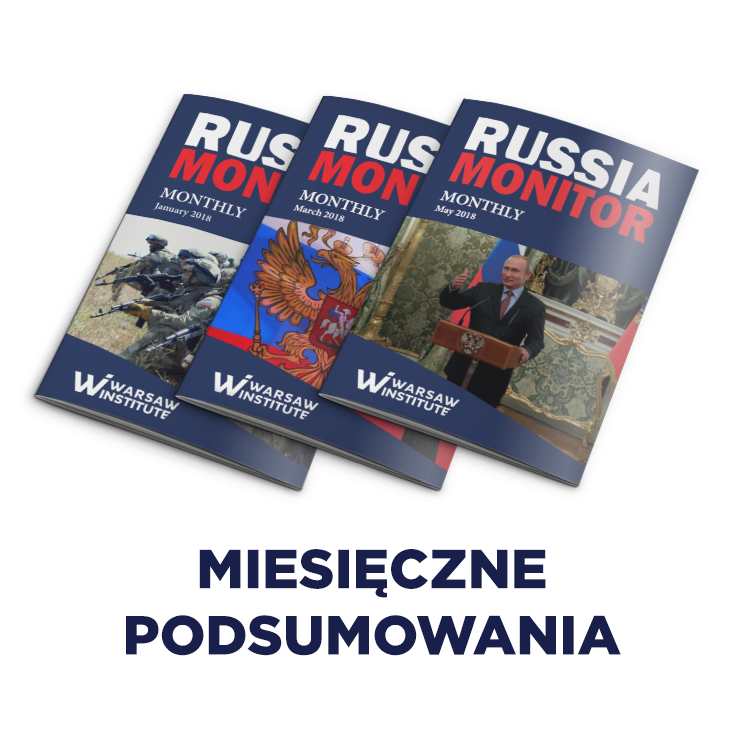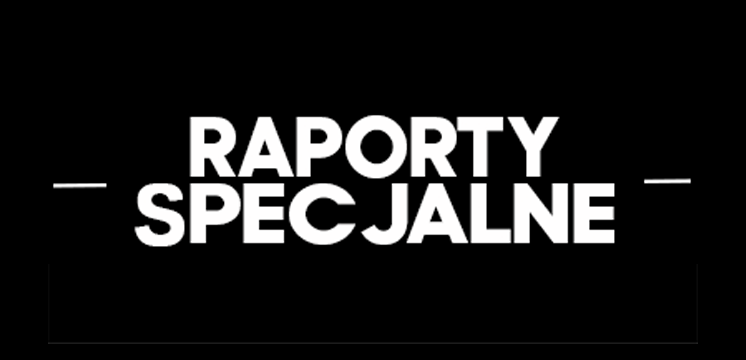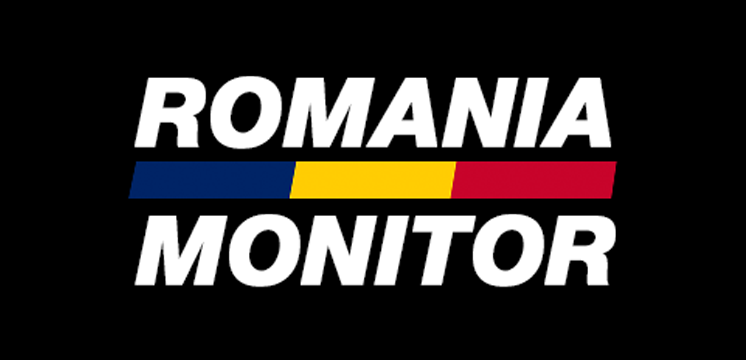EVENTS
Data: 24 October 2019
Geopolitical Dynamics: Private Military Companies – Warsaw Institute Expert Debate
At 6 PM Tuesday, 22 October 2019, in Warsaw, experts and the audience gathered to attend an elite debate on private military companies fighting across the world in the service of global powers. What served as the starting point for the discussion among the four eminent experts was the presentation of two analytical publications of The Warsaw Institute: the book Kapitalizm, nowe wojny i prywatne firmy [Capitalism, new wars and private companies] by Wojciech Pałka and the special report Russian “Contractors” in the Service of the Kremlin by Filip Bryjka.

Present at the meeting were four experts in the field of security, defense economics and international relations: Dr. Wojciech Pałka, Grzegorz Kuczyński, Dr. Filip Bryjka and Dr. Rafał Zgorzelski, the last of whom served the role of the debate moderator. The discussion Geopolitical Dynamics: Private Military Companies created an opportunity to familiarize the public with two papers on private military companies: the book Kapitalizm, nowe wojny i prywatne firmy by Wojciech Pałka and the special report Russian “Contractors” in the Service of the Kremlin by Filip Bryjka.
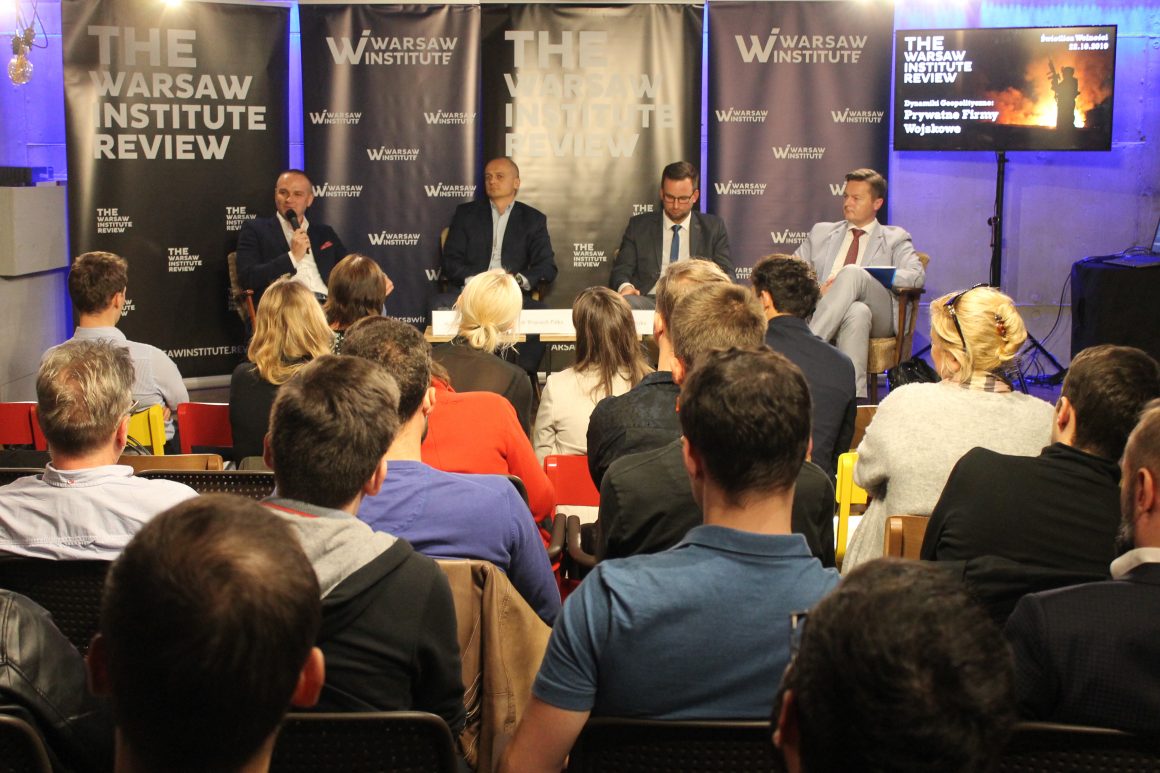
The meeting was started with Łukasz Biernacki, a member of the editorial staff of The Warsaw Institute Review and The Warsaw Institute Foundation, briefly outlining the think tank’s core activities, accomplishments and upcoming projects. The event attracted much interest, affording a suitable opportunity for presenting the organization to a wide audience.
Following a short résumé by the member of The Warsaw Institute Foundation and The Warsaw Institute Review, the debate moderator, Dr. Rafał Zgorzelski, took the floor. This was yet another occasion for the long-serving specialist of The Warsaw Institute Foundation to either host or attend an event held by the think-tank. Dr. Zgorzelski, who serves as the political, historical and economic analyst, greeted the audience and introduced the panelists taking part in the debate.
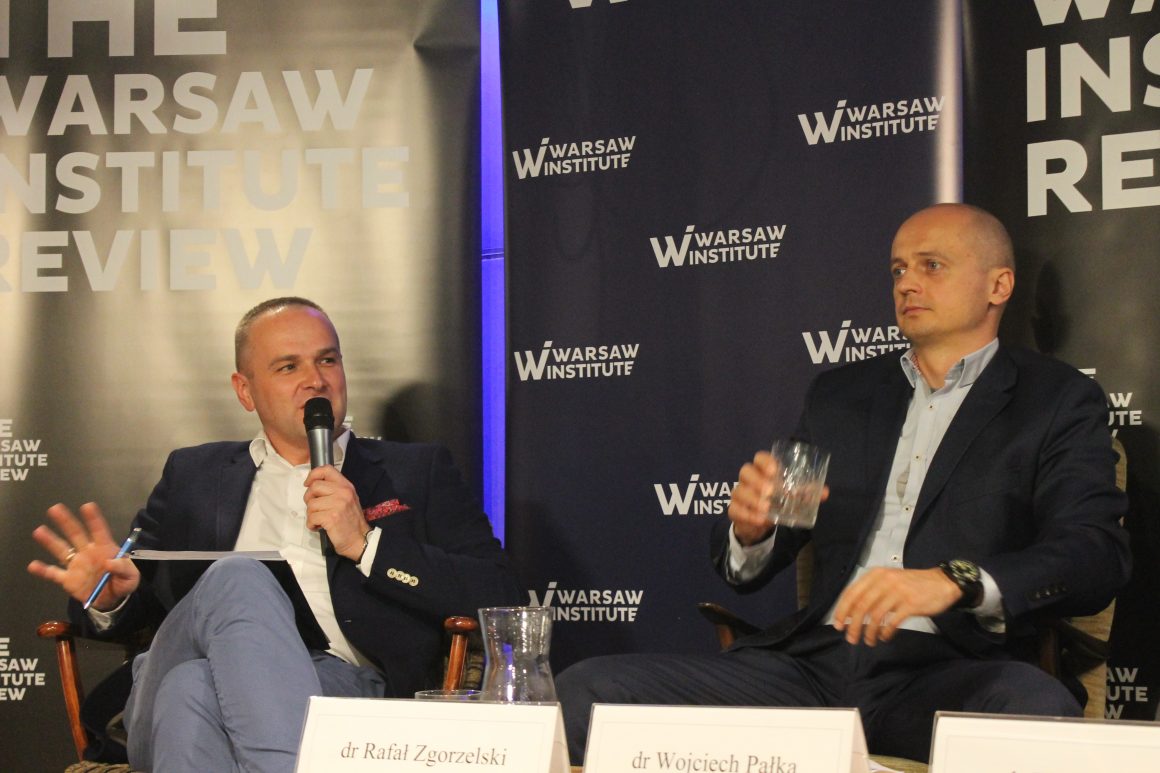
The event consisted of three talks, followed up by a Q&A session. Scheduled to be the first to take the floor was Dr. Wojciech Pałka, a manager of armaments companies, military, and head of R&D projects at the Military Institute of Armament Technology. The author of the book Kapitalizm, nowe wojny i prywatne firmy introduced the audience to his early research into the phenomenon of mercenary forces, explained the reasons underlying the creation of new private military contractors while evoking the name of Eeben Barlow, a key figure for the private security firm industry and a founder of Executive Outcome, viewed as a role model for present-day PMCs.
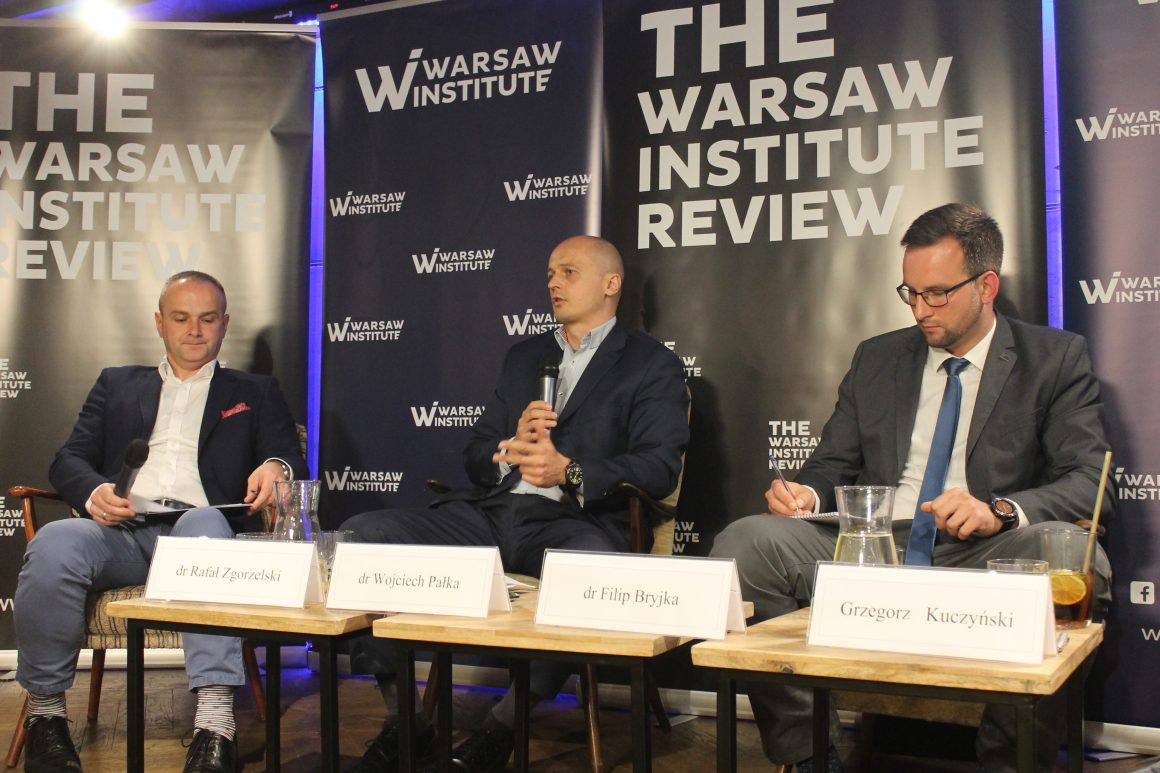
In his talk, Dr. Filip Bryjka, a political scientist interested in international security affairs and lecturer at the Tadeusz Kościuszko Land Forces Military University in Wrocław, Poland, outlined the history of Russian private military companies. Asked by the debate moderator, he skilfully delineated Russian mechanisms used by the state authorities to hire contractors though PMCs are formally banned under Russian law. In his excellent speech, Dr. Filip Bryjka referred to Rubicon Security Services, a private security firm, and compared how the United States and Russia deploy their mercenary forces.

As far as Russia-related issues are concerned, The Warsaw Institute Foundation has the unique honor to cooperate with one of Poland’s top experts on Russia. Grzegorz Kuczyński, the Director of the Eurasia Program, a former journalist and analyst and the author of the publication “Putin’s Invisible Army,” provided the audience with some background information on how Russian law, or rather lawlessness, sees the functioning of private military companies. “Russian mercenary forces have no legal framework because the state’s authorities could not agree on who should control this field,” he said. In his remarks, Kuczyński cited examples of private military companies that served as a perfect ideal case study for examining their activities and links to Russian businesspeople. The third talk perfectly summarized the previous two presentations.
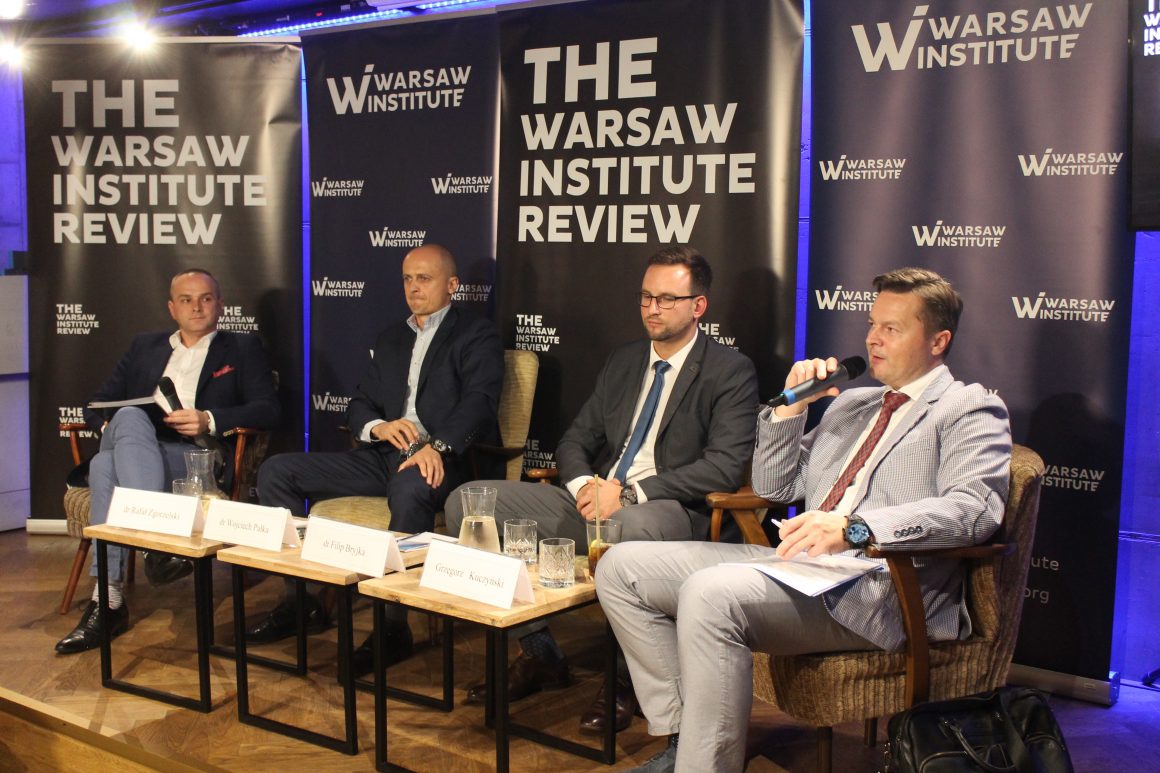
After all the three lectures, the debate moderator took the floor, aptly controlling the course of the discussion while skillfully monitoring its attractiveness and the involvement of the audience. A group of some sixty guests attended the debate to watch the experts’ presentations, as well as to ask questions and exchange views with the panelists.
The Q&A session was followed by light refreshments and a networking opportunity. The guests had a unique opportunity to buy a signed copy of Dr. Pałka’s latest publication.
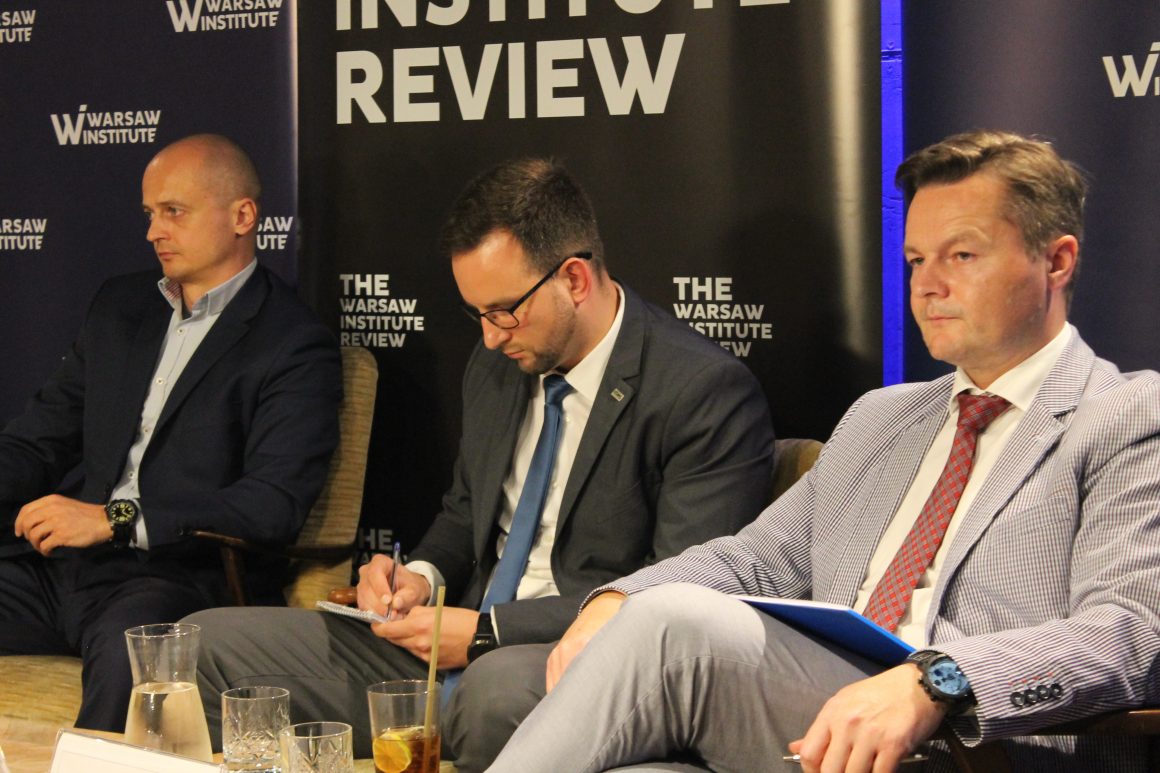
The meeting was a great success. We would like to thank our panelists, moderator, and kind guests, all of whom significantly contributed to the event. The Warsaw Institute Foundation and The Warsaw Institute Review kindly invite you all to take part in their upcoming events.
Wszystkie teksty (bez zdjęć) publikowane przez Fundacje Warsaw Institute mogą być rozpowszechniane pod warunkiem podania ich źródła.

